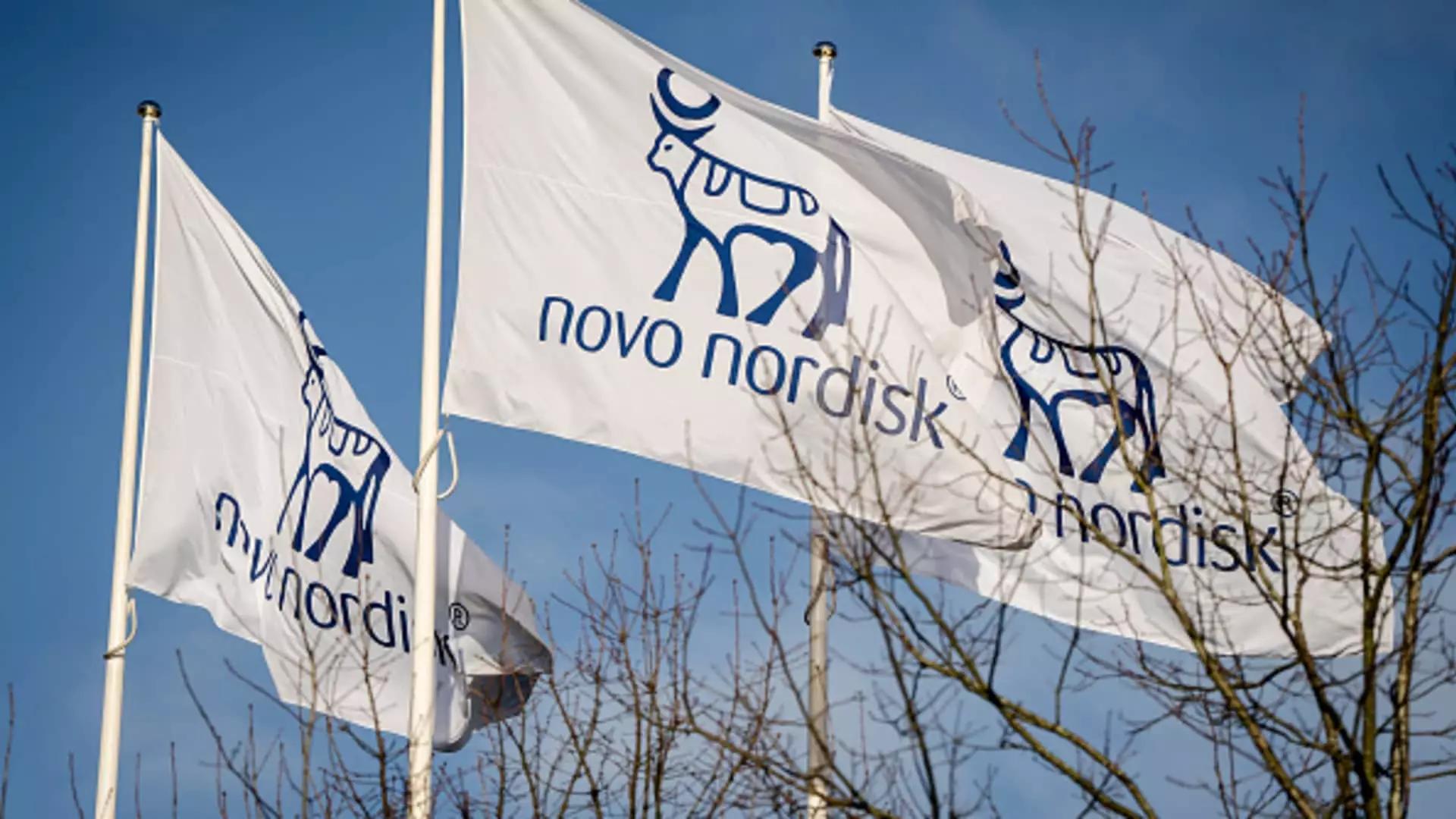In a striking revelation that has the potential to reshape diabetes care, Novo Nordisk’s diabetes pill, Rybelsus, has exhibited significant cardiovascular benefits in the latest clinical trial. This groundbreaking development came to light at the American College of Cardiology’s Annual Scientific Session held in Chicago, where the Danish pharmaceutical giant showcased compelling data. The findings reveal that Rybelsus has lowered the risk of cardiovascular-related death, heart attack, and stroke by an impressive 14% over an average period of four years in patients grappling with both diabetes and established heart disease. For the 463 million people globally living with diabetes, the implications run deep. This could signify the onset of routine oral treatment options, which could transform the current treatment landscape, particularly for those disinclined toward injections.
The Dual Battle Against Diabetes and Heart Disease
For years, diabetes management has largely revolved around injectable medication, a format not universally embraced. The 14% reduction in cardiovascular risk is monumental, especially considering that patients often face compounding health challenges related to both diabetes and cardiovascular disease. The clinical trial, which spanned nearly 9,600 individuals aged fifty and older, reaffirms the necessity for more accessible treatments. Rybelsus, formulated efficiently as a once-daily oral option, presents an answer to the discomfort and anxiety associated with injections—an aspect highlighted by Stephen Gough, the global chief medical officer at Novo Nordisk. This is a vital point; the psychological barriers surrounding the use of needles can deter patients from adhering to prescribed therapies. Hence, Rybelsus isn’t merely a drug; it symbolizes a shift towards patient-centric care.
Cumulative Advantages: Not Just a Diabetes Drug
The results from this late-stage trial paint a favorable picture, not just for diabetic patients but also for those at risk of cardiovascular issues. The numbers are revealing: while 12% of those on Rybelsus experienced serious cardiovascular incidents, the percentage was slightly higher in the placebo group at 13.8%. With the mounting evidence supporting the cardiovascular benefits of GLP-1 medications, Rybelsus seems to be on a promising trajectory. As the drug moves closer to being sanctioned for additional indications, its ability to lower serious cardiovascular complications could alter how we perceive diabetes treatments; it is no longer merely about blood glucose control, but about comprehensive health and longevity.
The Implications of Expanded Treatment Options
This recent data carries implications that stretch beyond Novo Nordisk. The pharmaceutical landscape is currently witnessing a resurgence of innovation, as various companies, including Eli Lilly, endeavor to develop effective oral alternatives to similar injectable treatments. The entry of Rybelsus into this highly competitive field could signify a leap for patient adherence and outcomes. Furthermore, the fact that nearly half of the trial participants were also on SGLT2 inhibitors—medications targeting added diabetes complications—points towards a potential combination of treatments that could address multiple facets of patient health simultaneously.
A noteworthy aspect is the potential for expanding patient access. The healthcare system has, for too long, constrained options based on outmoded methods of treatment administration. Rybelsus has opened a door for discussions between healthcare professionals and patients about individualized treatment pathways, emphasizing that compromises can be made for better health.
Side Effects and Patient Concerns
However, moving beyond the thrill of potential benefits, we must acknowledge the side effects reported during the study. Gastrointestinal complications such as nausea and diarrhea were noted, mirroring similar issues seen with injectables like semaglutide. These hurdles shouldn’t be dismissed lightly, as the accompanying discomfort can dissuade patients from sticking with a treatment regimen. Yet, the data from the trial suggests that most patients maintained adherence despite these adverse effects. This resilience showcases the promise of Rybelsus but also highlights an area where patient education and support should be enhanced to ensure long-term satisfaction and adherence.
The Future of Diabetes Treatment and Patient Empowerment
With Rybelsus, the medical community stands at the precipice of a pivotal transformation in the treatment of diabetes and associated cardiovascular risks. As we navigate the complexities of a dual diagnosis, it is crucial to advocate for more inclusive treatment options that recognize not just the medical needs but also the emotional and psychological elements of chronic disease management. Empowering patients to choose among various delivery methods—be it oral or injectable—can foster a partnership between healthcare providers and patients, ensuring that treatment is tailored to individual preferences and life circumstances.
This is not merely a winning moment for Novo Nordisk; it is a call to action for the entire healthcare system to embrace the necessary evolution.

